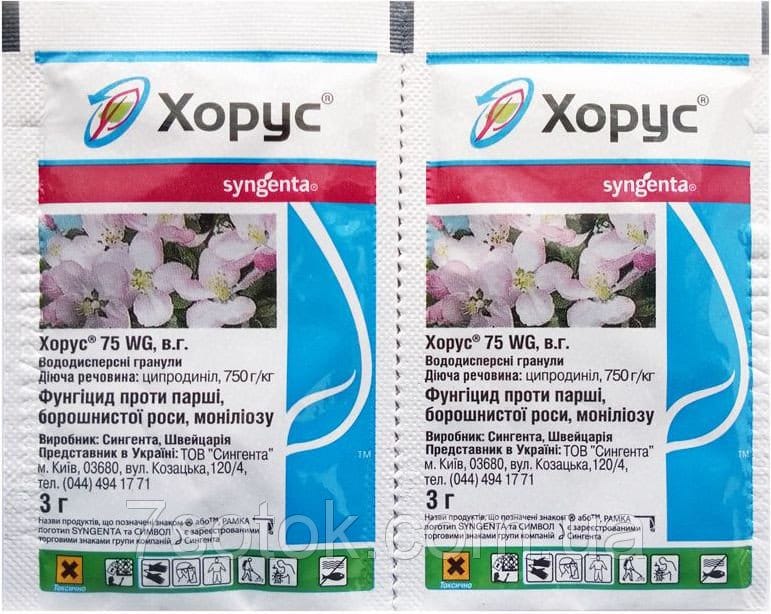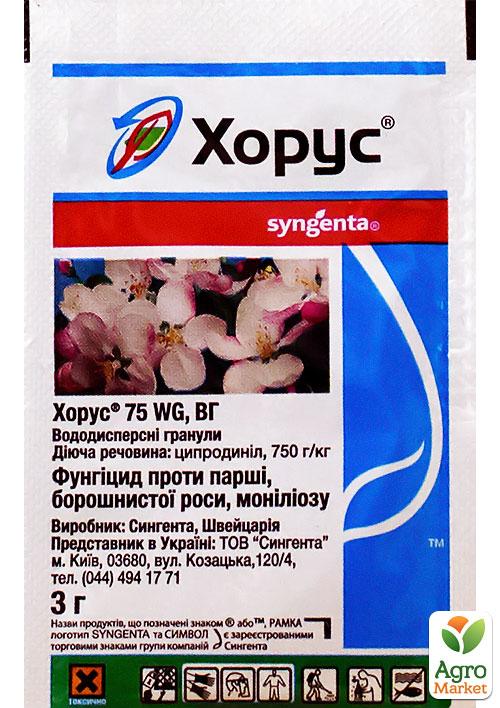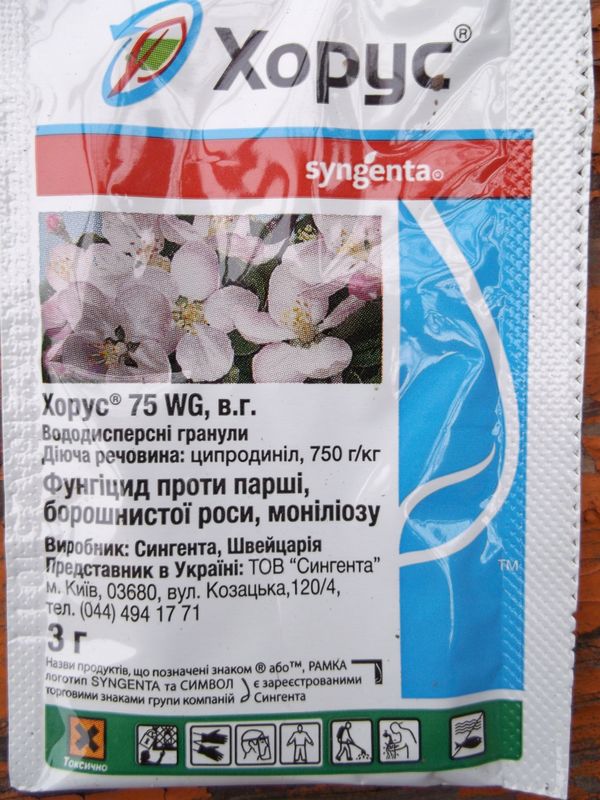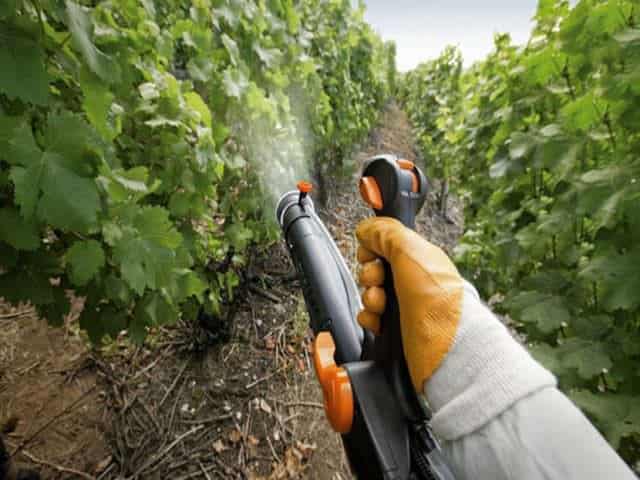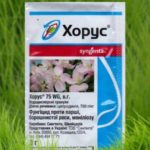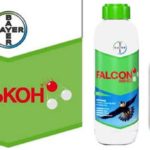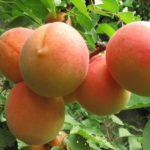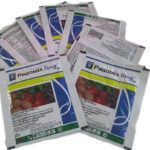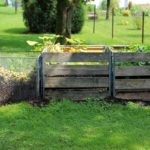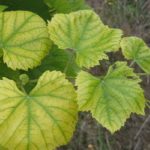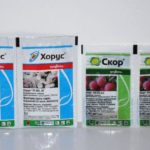Grape crops do not have strong immunity to fungal infections. This scourge especially often threatens vineyards growing in temperate latitudes and areas with high soil moisture. The instructions for using "Horus", a fungicide for grapes, promise gentle protection of the plant from the spread of the disease after the first treatment carried out in the spring, until the environment becomes favorable for the spread of the fungus.
What it is?
"Horus" is a fungicide group product designed to combat fungi that are dangerous to the grapevine.Fungicide translated from Latin means “killing mushroom.” Means of the same purpose include Bordeaux mixture and sulfur color, used to protect most fruit trees. Fungicides not only help protect the plant from fungal infections, they are also used to treat the premises in which the fruits will be stored, which helps preserve the berries for a long time.
The drug "Horus" is used for grape diseases:
- Oidium.
- Mildew.
- Powdery mildew.
- Leaf spotting.
- Fruit and gray rot.
The active substance of the drug is cyprodinil. Its mass fraction in the total composition of the product is 75%.
Cyprodinil is a pesticide that is equally effective in destroying parasitic microorganisms overwintering in the vine; it destroys representatives of fungi:
- ascomycetes - over 30 thousand species of marsupial fungi;
- basidiomycetes - over 30 thousand species of cap mushrooms;
- Deuteromycetes are a heterogeneous group of fungi whose ancestors were ascomycetes and basidiomycetes.
The effect of the drug is to destroy the infection at an early stage of development, completely destroying the ability to regenerate and reproduce.
When is it used?
“Horus” is used in early spring, until the plant buds begin to swell. This is not due to the danger of the drug for the plant or its accumulation in the fruits of the future harvest, which could lead to poisoning, but to the fact that the fungi are still in the dormant stage. At this stage it is easier to deal with them.
If the fungus nevertheless begins to develop, affecting increasingly larger areas of the vine and leaves, then treatment can be carried out at any stage of plant development:
- during flowering;
- ovaries;
- fruit ripening.
The peculiarity of the drug, produced by the Swiss manufacturer Syngenta, is that “Horus” affects only the lesions, it does not penetrate deep into the vine, and therefore does not get into the juice and is not spread throughout the plant. Spraying of plants is carried out in dry weather, which accelerates its penetration into young shoots and leaves.
Rain that starts a few hours later will not affect the quality of the spraying.
Pros and cons of the drug
“Chorus” penetrates deep into a young leaf in 2-3 hours at low and high air temperatures; up to +25 °C it is equally effective. In extreme heat, the performance of the drug is somewhat reduced. The product is not toxic to the plant. Its consumption is relatively low. The low mobility of the components is also a positive quality of the fungicide; they will not be carried away from the plant by groundwater.
The product is used as:
- preventive;
- structuring;
- therapeutic.
The main disadvantage of “Horus” is the inability to effectively protect adult plants from fungi. It cannot even penetrate the cuticle of an old leaf. Because of this feature, it is recommended to use the fungicide in the spring, until the grape leaves have gained strength.
Instructions for use
Grapes should be treated with a weak concentration of Horus solution. To treat one hundred square meters of vineyard, you will need 2 liters of water and 6 g of dry product. First, water is poured into the sprayer and the granular product is poured into it. The waiting period for the processing result does not exceed 2-3 hours.
Compatibility with other drugs
The effect of the drug lasts 1-2 weeks. After which re-treatment with the drug “Skor” is required.The complexity of “Horus” lies not only in alternation; if necessary, it can be mixed with other insecticide preparations that provide protection against insect pests.
What precautions should you take?
The fungicide is not particularly aggressive, but precautions when working with chemical compounds must be observed:
- children, pregnant women, nursing mothers should not be allowed closer than 15 meters during spraying;
- the same rule applies to people with allergies to smells;
- Smoking, drinking and eating are prohibited during treatment.
Personal protective equipment when working with chemical solutions in the garden is rubber gloves, a respirator, and goggles.

